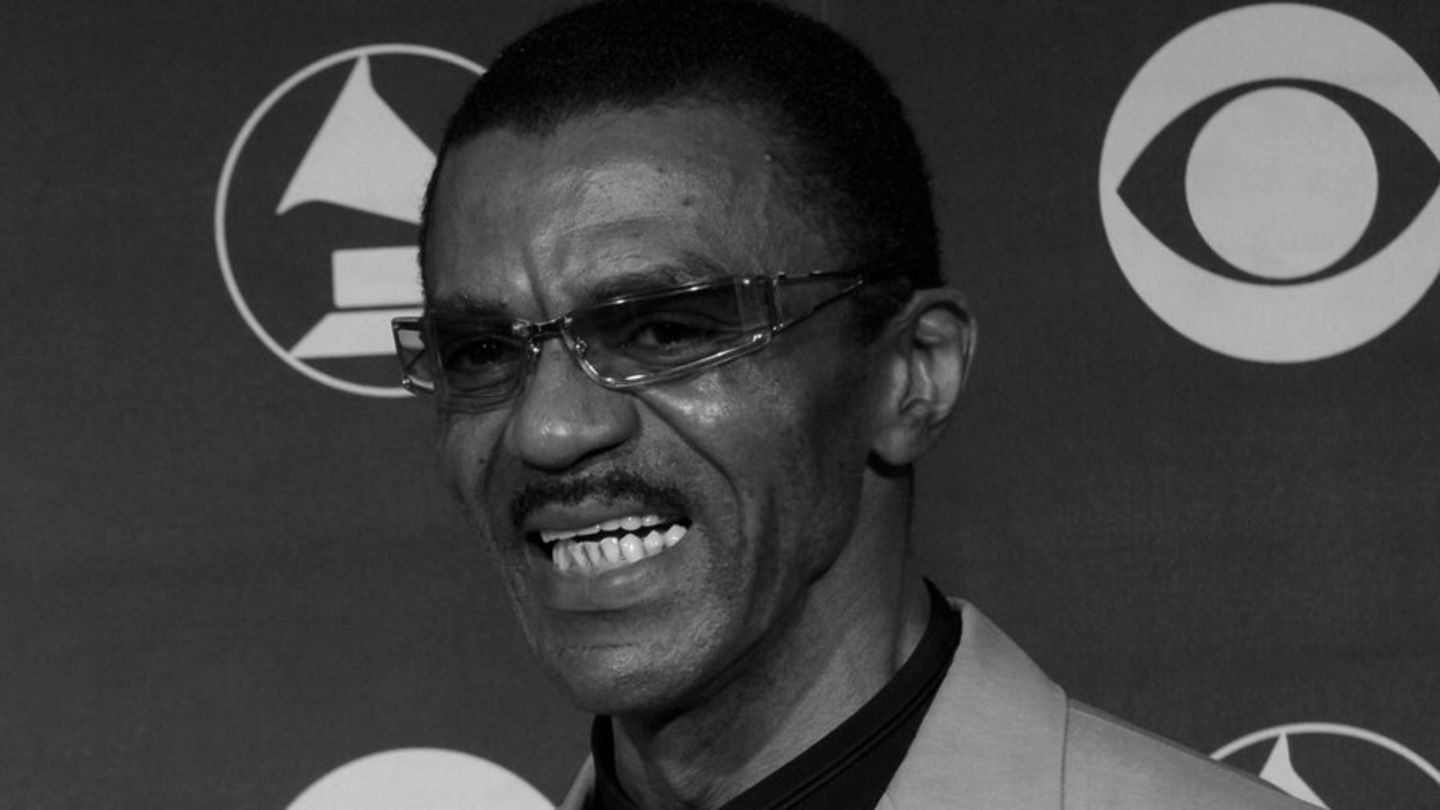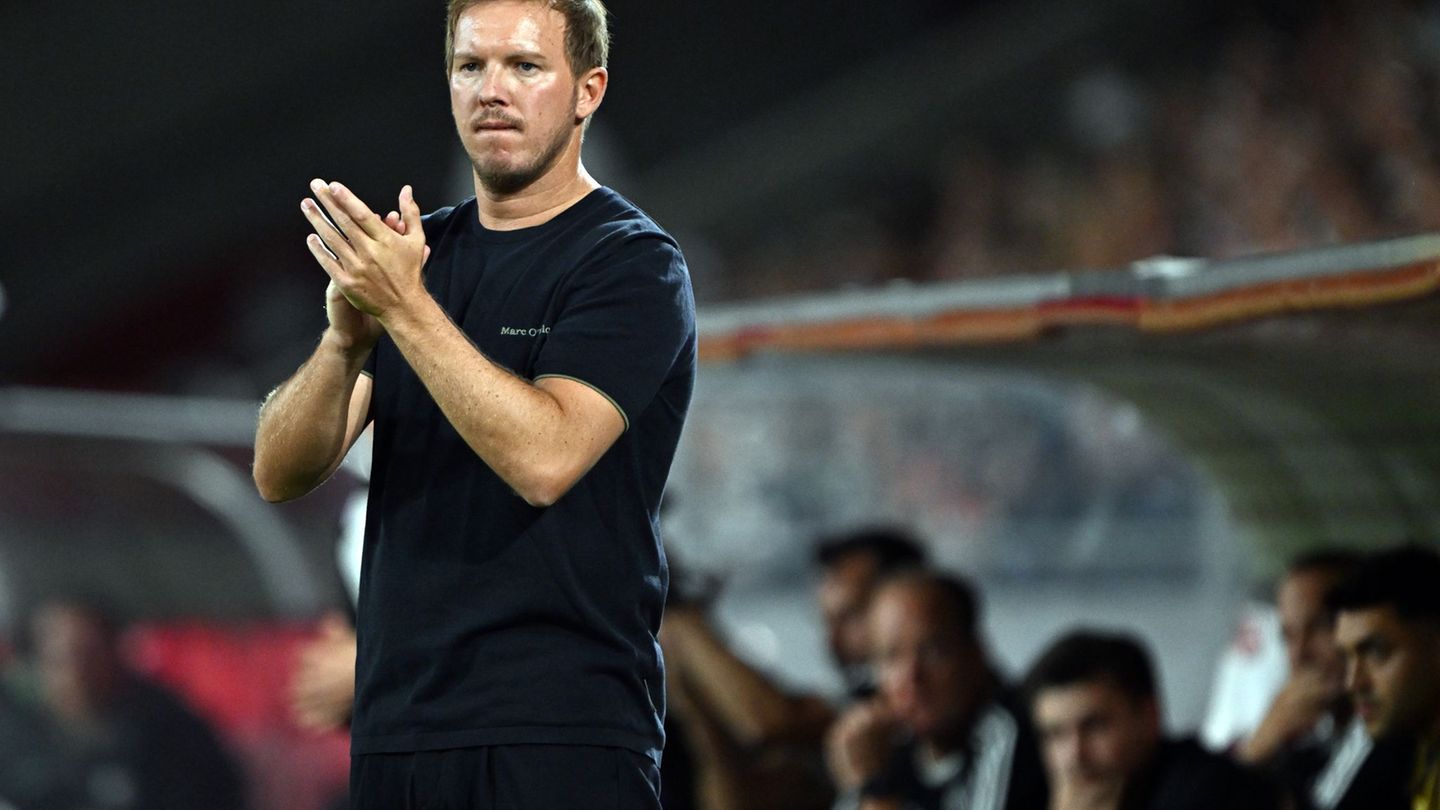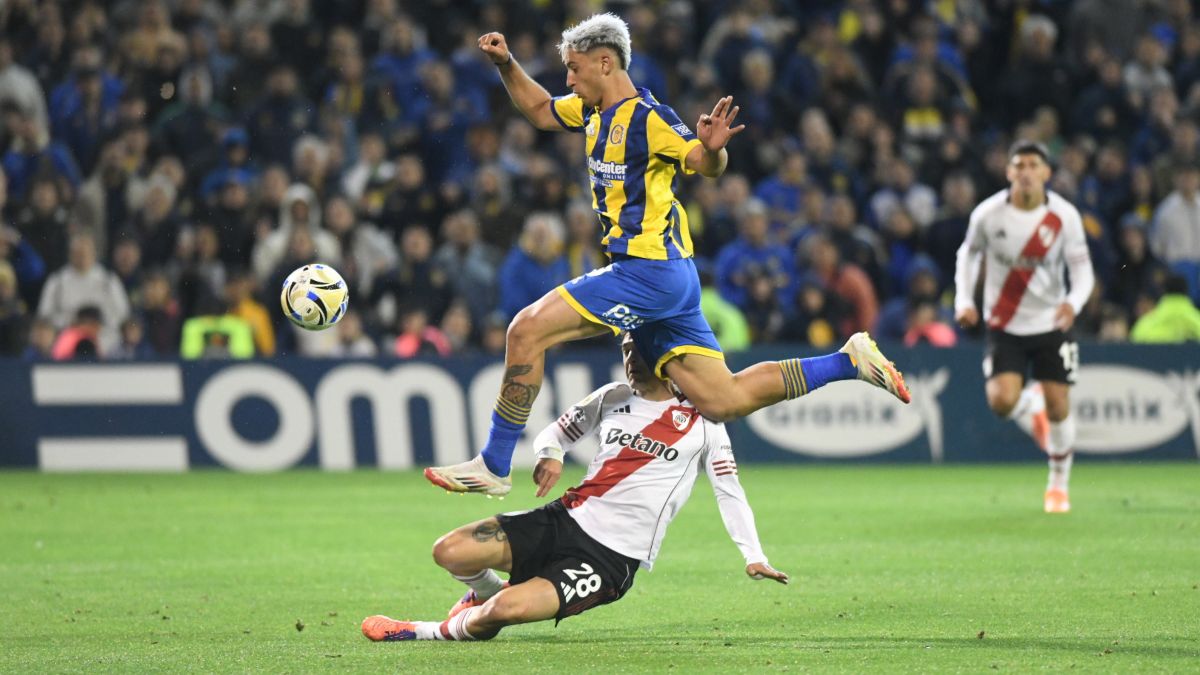Chancellor Scholz has so far expressed skepticism about the entry restrictions for Russian tourists. Foreign Minister Baerbock wants to accommodate Russia’s direct neighbors in the EU.
In the debate about restricting the entry of Russian tourists into the EU, Federal Foreign Minister Annalena Baerbock (Greens) signaled a willingness to compromise. The Chancellor’s Office and the Federal Foreign Office agree “that we can find a solution together in Europe that brings together everyone’s legitimate concerns and concerns,” said Baerbock at a joint press conference with her Danish counterpart Jeppe Kofod in Copenhagen.
It is important to her, however, “that in this situation of brutal war of aggression we do not give up 140 million people in Russia forever and, above all, in German one would say: take into clan custody,” said Baerbock.
Negotiations next week in Prague
The EU countries Estonia, Lithuania and Latvia bordering Russia, as well as the Czech Republic, have already restricted the entry of Russian tourists. Finland wants to follow in September. Other countries such as Poland are also in favor of restricting the issuing of visas. Baerbock will be negotiating a compromise with the foreign ministers of the other EU countries next week in Prague.
Chancellor Olaf Scholz (SPD) has so far expressed skepticism. “This is Putin’s war, and that’s why I have a hard time with this idea,” he told the international press at his summer press conference two weeks ago about a general entry ban. In a discussion with citizens in Magdeburg on Thursday, he reiterated this attitude: “It’s Putin’s war. It’s not the Russians. You should never make this generalization.” But he added: “You can always look at the details and I can also understand the neighboring countries.”
Baerbock took the view that Scholz had never issued a general rejection of entry restrictions for Russian tourists. “These absolutes were never actually expressed, not even by the German Chancellor,” she said. “Especially when positions are exchanged via interviews, they are very shortened.”
Few Russian tourists come to Germany
Baerbock said the visa issue is viewed from different angles. She pointed out that relatively few Russian tourists came to Germany, but at the same time visas had to be issued to journalists or scientists who were at risk in Russia. The interests of Russia’s direct neighbors are different. “A solution will be found that offers enough leeway for the different situations nationally”.
Danish Foreign Minister Jeppe Kofod urged visa restrictions for Russian tourists. “It is a strong provocation for me that you see Russian men on beaches in southern Europe while Ukrainian men have to stay in their country and fight for their own freedom,” he said. At the same time, Kofod emphasized that Denmark wanted a common European solution. “That would send a strong signal to Putin and Russia that there are consequences if you illegally and brutally invade a European country.” Together, Europe can exert the greatest influence on Putin.
Source: Stern
David William is a talented author who has made a name for himself in the world of writing. He is a professional author who writes on a wide range of topics, from general interest to opinion news. David is currently working as a writer at 24 hours worlds where he brings his unique perspective and in-depth research to his articles, making them both informative and engaging.




